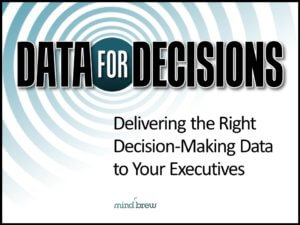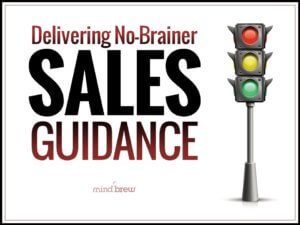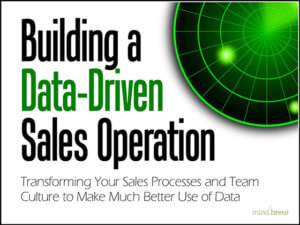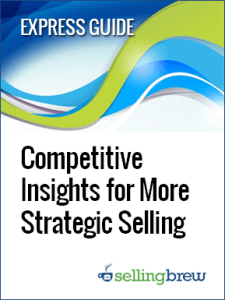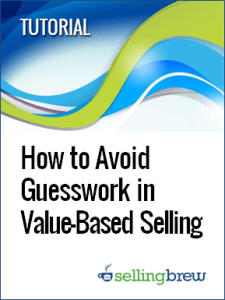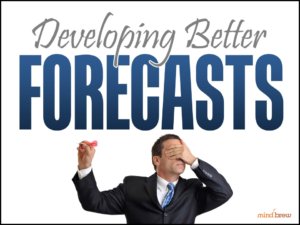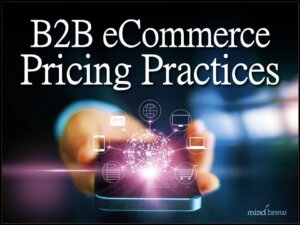Now, I don’t like admitting this. And I certainly don’t like saying it out loud. But I think it’s something we all have to come to grips with if we want to be most effective in our jobs…
As human beings, our decision-making isn’t just a little “noisy” or “stochastic”…it’s downright chaotic.
As much as we might pretend otherwise, we’re much more emotional than logical in our decision-making. We’re constantly being influenced by everything and everyone around us. We have all sorts of unconscious biases and hidden baggage that affects every decision. And we’re biologically wired to be extremely risk averse, hyper-sensitive to threats, and aggressively resistant to change.
As the old saying goes, human beings are predictably unpredictable and consistently inconsistent.
So once we acknowledge the chaotic reality of human decision-making, how do we deal with it? How do we overcome our inherent limitations? And how do we encourage and enable better decision-making with so much “human nature” working against us?
Well, we used to think that the answer was providing more facts and data. We used to think that if we could just provide more accurate data, everyone would draw the right conclusions.
But of course, we now know that data is not enough.
After all, different people can…and do…draw dramatically different conclusions from the exact same data. In fact, the same people can draw dramatically different conclusions from the exact same data, depending on the day of the week, their last customer conversation, how things are going at home, the conference call they just got off of, what the boss is mad about this week, and so on.
This is why it’s best practice in sales operations to support decision-making with data-driven models and rules engines.
Models and rules engines help contextualize and interpret raw data. They can help characterize certain data points and trends as being good, bad, normal, or outliers. They can help narrow the range of reasonable answers to a variety of questions. And they can help define the range of acceptable actions to be taken in different situations and under various circumstances.
That said, it’s extremely difficult to build data models or craft sets of rules that will be appropriate and accurate in absolutely every situation or circumstance. After all, not everything can be known in advance or be represented in the source data. So again, in most cases, data models and rules engines should be used to support…and not replace…human judgement.
While models won’t always be more accurate than human judgement, they will always be more consistent than human judgement. Unlike human beings, given the same set of inputs, models and rules engines will produce the same set of outputs, each and every time.
And that’s what makes the combination of human judgement and data-driven models so powerful. The data models and rules engines provide a much more consistent range of interpretations that then be refined and tailored to the specific situation through human judgement.
On their own, they each have their weaknesses. But together, they’re pretty hard to beat.

